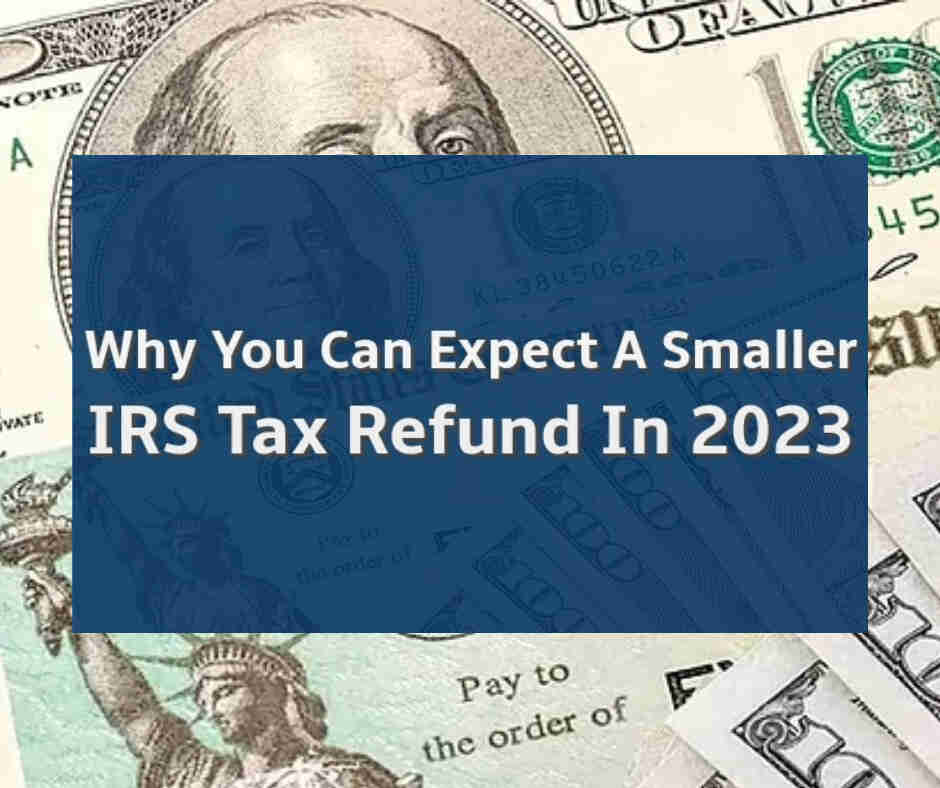The IRS is warning taxpayers at the opening of the 2023 tax filing season that they should expect smaller refunds due to pandemic relief measures that have been allowed to expire.
A big reason is that there were no stimulus payments from the government to people to help get them through the pandemic in 2022. The last stimulus payments went out in 2021. Millions received those stimulus payments as a recovery rebate credit that was effectively given as a tax refund.
Millions more received help through the pandemic through an expanded child tax credit (CTC) that many progressives saw as an effective and important social safety net. That credit was allowed to expire by Congress at the end of 2021.
A tax break for charitable deductions was also allowed to expire, which could affect more taxpayers.
An IRS official told The Hill that not all refunds for tax year 2022 will be lower than previous years, and individual tax situations can vary. One of the biggest changes in tax liability will result from the expiration of the expanded CTC.
The Biden administration’s American Rescue Plan increased the CTC for families making up to $150,000 a year from $2,000 per child to $3,000 per child for children older than 6, and from $2,000 to $3,600 for children younger than 6. It also raised the age limit for getting the credit from 16 to 17.
The legislation resulted in many families getting thousands of dollars more in their refunds. It also dramatically cut into U.S. child poverty rates, reducing them by about 26 percent per month — or a decline of about 3 million children living below the poverty line, according to studies by the Center on Poverty and Social Policy at Columbia University.
Critics of the CTC say it was too expensive to maintain indefinitely and was only a temporary relief measure made necessary by the coronavirus pandemic. Making the expanded child tax credit permanent would cost some $1.6 trillion over the 10-year congressional budget window, according to an estimate by the Tax Foundation, a Washington think tank.
Other lapsed credits include an expansion of the earned income tax credit (EITC), which had its maximum amount nearly tripled in 2021 and was made to apply to both senior citizens and younger workers.
Taxpayers claiming the EITC with no children who received roughly $1,500 in 2021 will get around $500 in 2022. The child and dependent care tax credit will also dip back down this year to a maximum of $2,100 instead of the $8,000 that could be claimed last year.
(The Hill)





